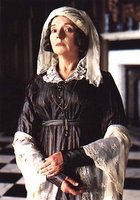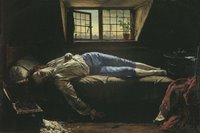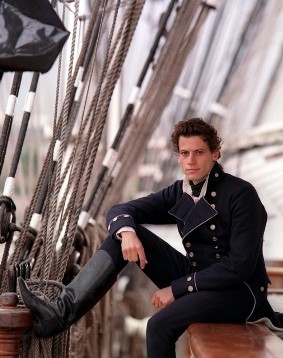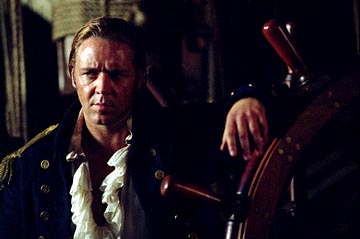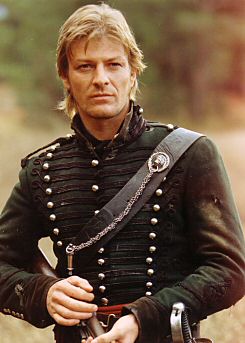 It’s been a rough week or so. The kids have been sick. I won’t bore anyone with the gory details, but they were . . . gory. It’s pretty sad when going to the mailbox feels like an outing.
It’s been a rough week or so. The kids have been sick. I won’t bore anyone with the gory details, but they were . . . gory. It’s pretty sad when going to the mailbox feels like an outing.
I need a real one now.
I’ve managed to eke out a bit of writing time, but it’s been tough. It’s a bit like having sex—you can deal with a few interruptions, but too many and it’s really, really hard to recapture the mood. Like a couple who need to get away for a weekend, I need to get away with my muse (inner artist child, Girls in the Basement, subconscious mind, whatever you call the place ideas come from) and get her to stop sulking.
The little darlings are both in school today. If all goes well, I don’t get a call from the school nurse, and they continue to do well tomorrow, I’m heading out to the Corning Museum of Glass. I’m going to do a leisurely tour of the galleries (for fun, not research except in the laziest way), have lunch at the café and go make a sun-catcher at the Walk In Studio. Last summer my kids made projects there and as I was helping them I decided I’d like to try my hand at one myself. It’s time.
 Whether you’re a writer or not, getting out and doing something fun and creative helps keep the juices flowing for other parts of your life. It’s what Julia Cameron calls an “Artist’s Date”. You go out to the movies, to a concert, bake, paint, take a walk in the woods or anything you think is fun and NOT directly related to your job. Anything that makes you feel like a kid with a brand new 64-count box of Crayolas.
Whether you’re a writer or not, getting out and doing something fun and creative helps keep the juices flowing for other parts of your life. It’s what Julia Cameron calls an “Artist’s Date”. You go out to the movies, to a concert, bake, paint, take a walk in the woods or anything you think is fun and NOT directly related to your job. Anything that makes you feel like a kid with a brand new 64-count box of Crayolas.
Do any of you (writers or not) do Artist’s Dates (whether you call them that or not)? What do you do to keep your mojo? To get it back when it’s deserted you?
Elena
LADY DEARING’S MASQUERADE, RT Reviewers’ Choice Award nominee
www.elenagreene.com



